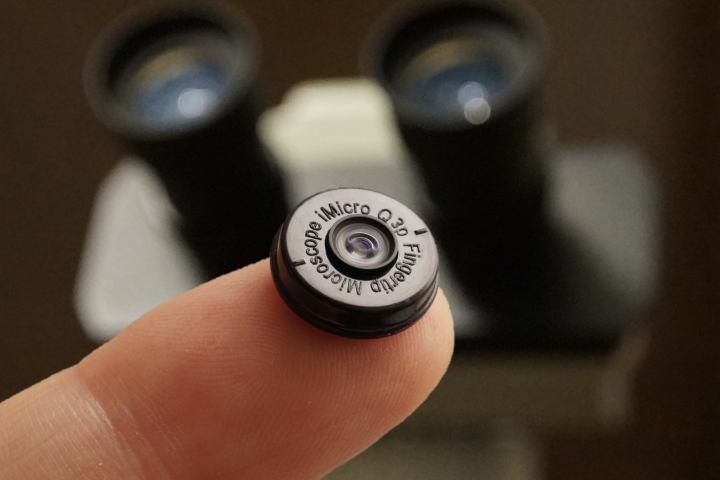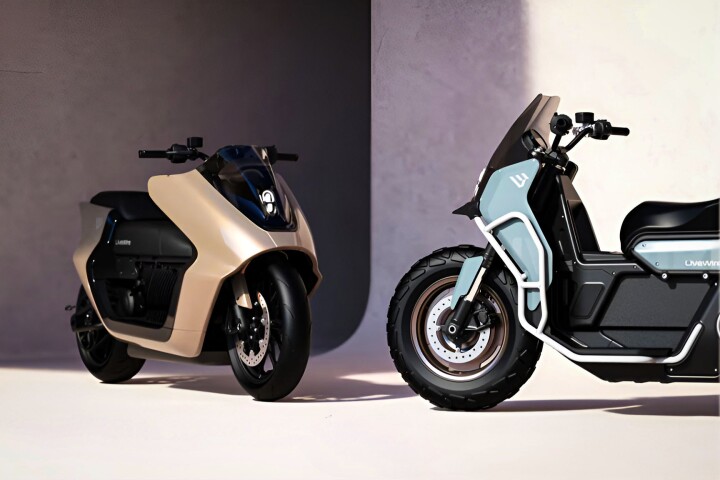One year ago, German company e-volo caught our attention by sending its crazy 18-rotor Volocopter into the sky with a living, breathing human aboard. With an eye to actually deploying this thing as a personal flying taxi some time in the future, it has made some revisions and this week unveiled a sleeker Volocopter 2, which it plans to start testing next year.
Much like the Ehang taxi drone that is expected to start ferrying passengers around Dubai in July, the Volocopter 2 is an all-electric aerial mobility machine that takes up to two passengers from point A to point B without a pilot. It lifts off and lands vertically and can hover in place if need be, powered by nine independent batteries.
The second iteration of the ambitious Volocopter doesn't look all that different to the first, though e-volo does describe its appearance as more sporty. Whatever the aesthetics, the company says that the Volocopter 2 is its first series model and part of a "consequent evolution" of its earlier prototype toward everyday use. This means it runs on swappable batteries so it can take off again within minutes if it runs out of juice.
But above all, the Volocopter 2 has been mindfully crafted to win approval as an ultralight aircraft in Germany. This means it "should" be certified as a Multicopter under a new German aircraft category to be created in 2018, according to e-volo, which will clear the way for anybody with a so-called Sport Pilot License to jump onboard. Until then, a pre-series model will be used for demonstrations and testing.

The company plans to carry out trials using the Volocopter 2 by 2018, as a demonstration of its suitability as a flying taxi service. These flights will be controlled by pilots to begin with, to comply with regulations. The aircraft can however be controlled remotely by somebody on the ground and also fly autonomously, though these capabilities will first be tested without a person onboard.
e-volo's future plans involve developing a four-seater version of the Volocopter and eventually gaining commercial registration for the electric aircraft, which would actually allow it to one day roll out its full-fledged aerial taxi service.
Source: Volocopter









